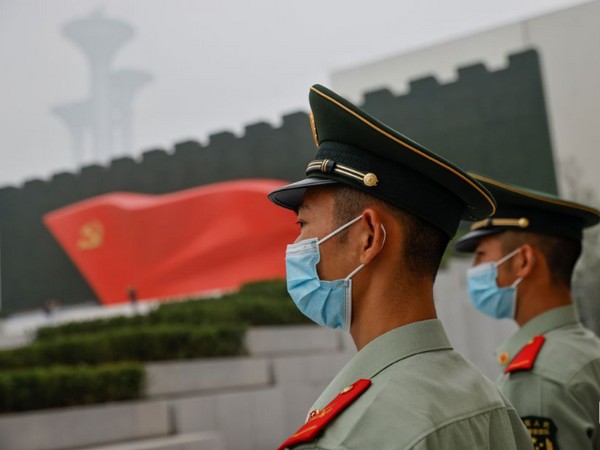

China has adopted an illegitimate method to apprehend overseas citizens they perceive as offenders, according to the recently released report by the Madrid-based human rights organization, Safeguard Defenders.
In order to apprehend overseas offenders, security agencies usually take the assistance of INTERPOL, the International Criminal Police Organization. Diplomatically, the establishment of bilateral extradition treaties is another procedure.
However, China has placed dozens of police “service stations” in major cities around the world as security agencies, according to a Safeguard Defenders report titled “110 Overseas – Chinese Transnational Policing Gone Wild”.
It exposes how the campaign was launched on a humble scale in 2018 to allegedly combat the growing issue of fraud and telecommunication fraud by Chinese nationals living abroad.
Now, these so-called “service stations” are violating the international rule of law. The Chinese have set up a parallel policing mechanism in some 53 countries to target dissidents and place surveillance on its own nationals.
The report claimed that from April 2021 to July 2022, 230,000 nationals had been “persuaded to return” to face criminal proceedings in China. “Inside, they are already controlling but outside, it is more difficult to control so, therefore, they want to focus on dissident Chinese who live in free countries, not to speak freely,” said Thubten Wangchen, Tibetan living in Exile.
Safeguard Defenders also revealed how overseas Chinese diaspora associations are tied to the Chinese Community Party’s United Front Work Department. Some of these organisations are registered to handle a liaison role with the Chinese police, in violation of local regulations.
The details of China’s overseas campaign have stunned security agencies and governments in Europe, Canada and the United States. FBI Director Christopher Wray said the United States is deeply concerned about unauthorised Chinese police stations in cities like New York, as they violate the sovereignty and circumvent standard judicial and law enforcement cooperation processes.
Canada and the Netherlands are also joining the United States in launching investigations into these secret Chinese police stations. The Royal Canadian Mounted Police said it is taking “threats to the security of individuals living in Canada very seriously and is aware that foreign states may seek to intimidate or harm communities or individuals within Canada.
“People being approached either using threat or some other kind of way to persuade them to return home,” said Rahime, who is staying in London and is associated with World Uyghur Congress.
Beijing has been accused of using illegal methods against targeted individuals or their family members, which undermines any due process and the most basic rights of suspects. Furthermore, the disregard for the use of proper channels and processes in international relations is blatant.
Despite China’s insistence on the establishment of bilateral extradition treaties or other mechanisms of judicial cooperation – which serve both a specific propaganda purpose in legitimizing the Chinese Communist Party-controlled judicial system, as well as nurturing a chilling effect for the rapidly growing number of individuals fleeing China – it rarely uses these legal international procedures.
Rather than cooperating with local authorities in full respect of territorial sovereignty, China, thinking itself beyond reproach, has instead set up an alternative policing and judicial system within third countries.
As investigations against China intensify, the world can remain hopeful that China will be held accountable for its blatant disregard for international law and human rights.